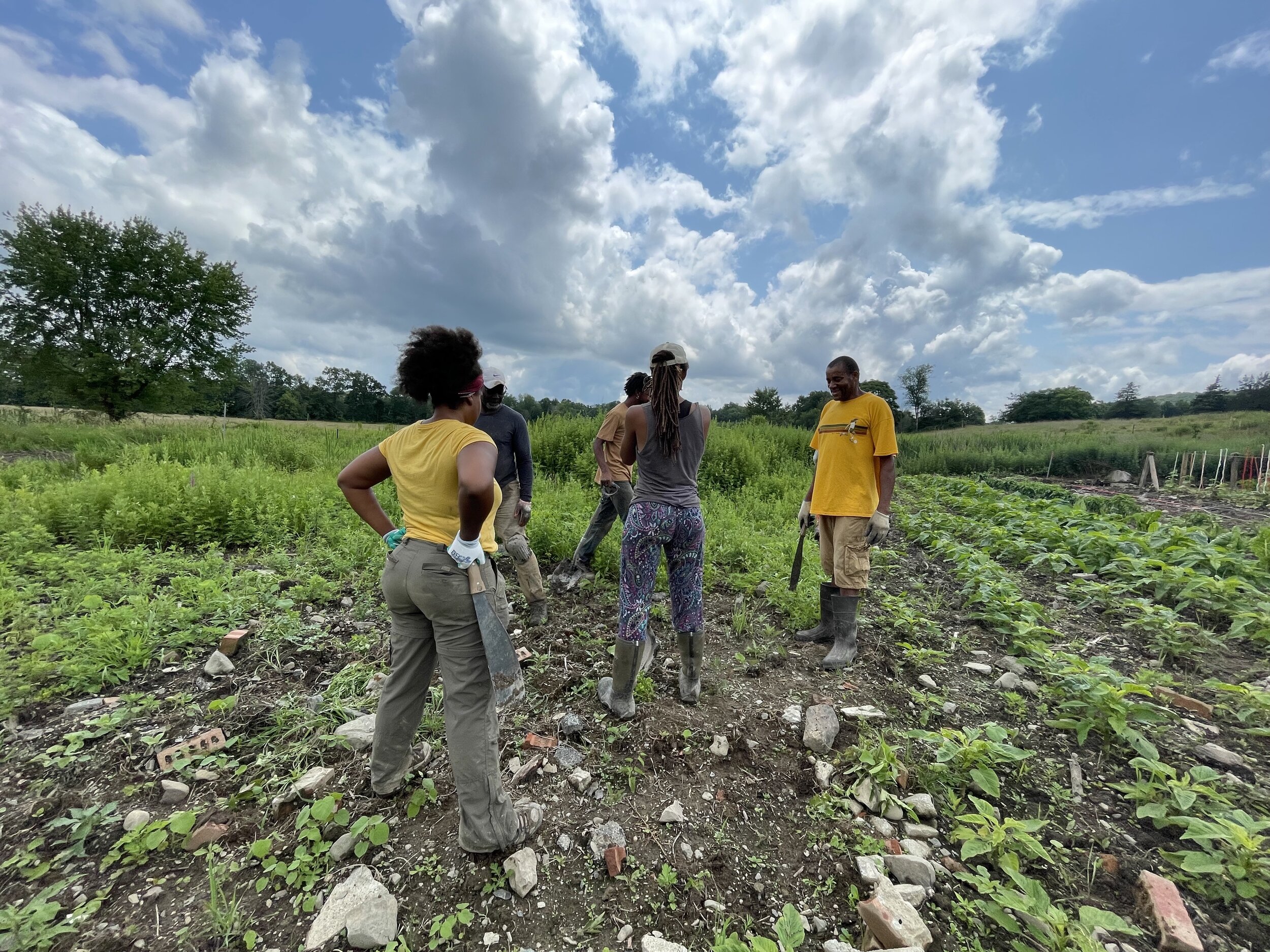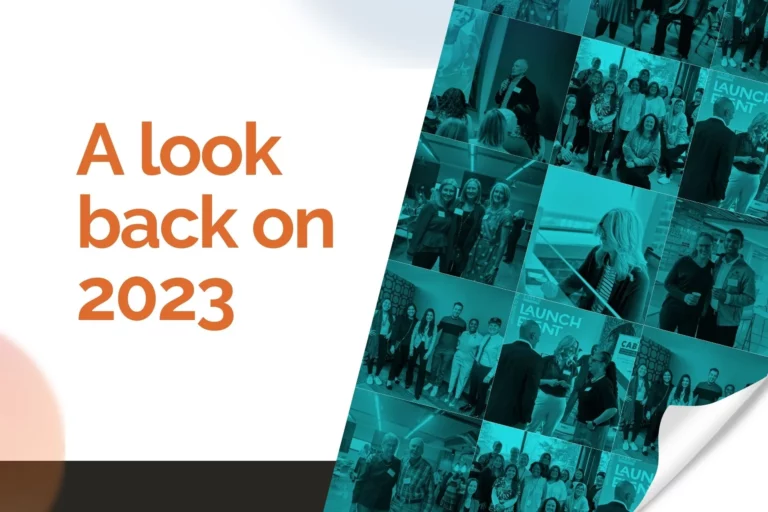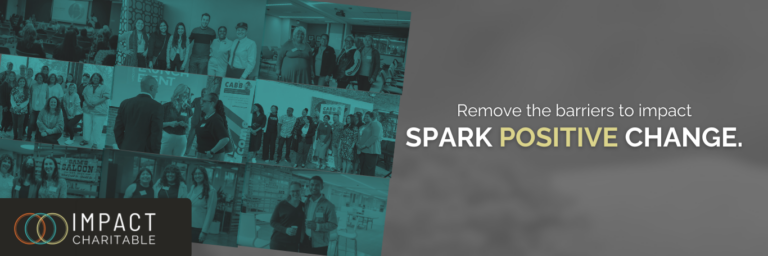Impact Charitable works to fill the gaps in capital access created by the existing financial structures. In our work as an impact capital catalyst, we look at ways to move money differently. We think about How we move money and the processes we use that can help us create better pathways for capital to flow.
The How
In much of our work, we build bridges from where capital resides to where it can have immediate impact. We are a proud signer of the Due Diligence 2.0 Commitment and recently utilized the recommended shifts in our due diligence process for an investment into the Black Farmer Fund Reparative Note, where we brought together six investors to make a $175,000 investment.
The Due Diligence Commitment 2.0 is designed to shift the way traditional due diligence is conducted, to remove the bias that keeps funds from flowing to BIPOC fund managers. The website notes, “Often BIPOC managers are eliminated from the selection pool based on historical industry standards for due diligence that reinforce existing social inequities.”
In our recent diligence process for the Black Farmer Fund (BFF), the relevant tenets of the commitment applied were:
- Consider Track Record Alternatives: Impact Charitable has no minimum track record for the product; BFF was not considered a greater risk simply because they have a shorter track record than some other funds.
- Reassess Assets Under Management as a Risk Metric: This tenet is in reference to selecting asset managers, but it can apply to BFF who is effectively managing assets in the course of their operations. BFF’s “assets under management” have been the pilot fund’s loans and grants to eight entrepreneurs which has an impact focus that makes this a stronger impact-first investment than other funds with more assets.
- Respect BIPOC Time: As BFF progresses toward its goal of raising $10mm in loan capital, and $10mm in grant capital, Impact Charitable is sensitive to the fact that its investment is relatively small; staff has relied heavily on the information that is readily available and respected the fund manager’s time by not requesting individual meetings. Fortunately, the Kataly Foundation invited Impact Charitable and others to listen in on a series of three due diligence meetings they hosted with BFF during May and June, which covered the topics of Use of Funds, Community, and Grant Fundraising Strategies.
- Include Historically Unrecognized Risks: This tenet refers to the costs and risk of not investing in BIPOC-owned or managed assets. Staff recognizes there are potential risks of continued under-capitalization of BIPOC businesses at the societal level; the cost of financial disparities, climate change, lost productivity, and reduced government revenues from economic underperformance. BFF is designed to reduce these risks.
- Be Willing to Go First: While BFF has raised substantial grant capital in the past, Impact Charitable will be contributing to fundraising momentum by participating in the first close of the BFF investment offering. Impact Charitable is comfortable with the note as offered and not asking for any additional terms or conditions.
We will continue to examine and challenge our internal processes to ensure that Impact Charitable is considering a wide range of important considerations when moving impact-first capital. We look forward to reporting on the positive impact and financial results, as well as what we learn along the way, of the investment into BFF and the rest of our impact-first portfolio.





